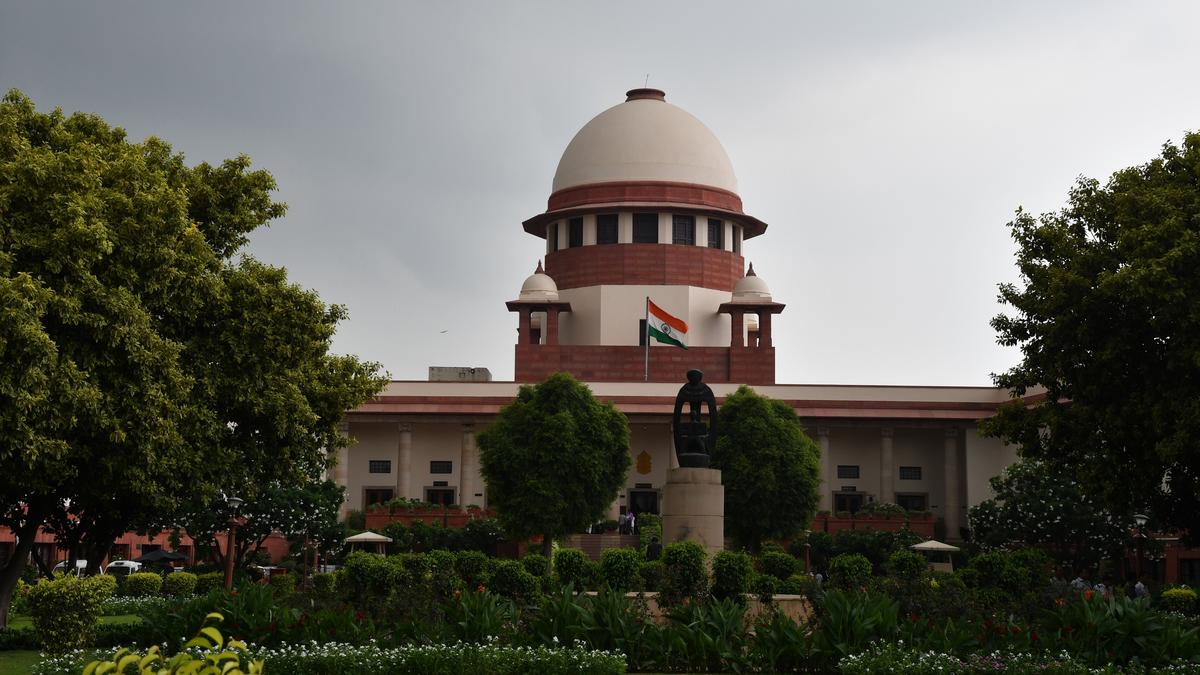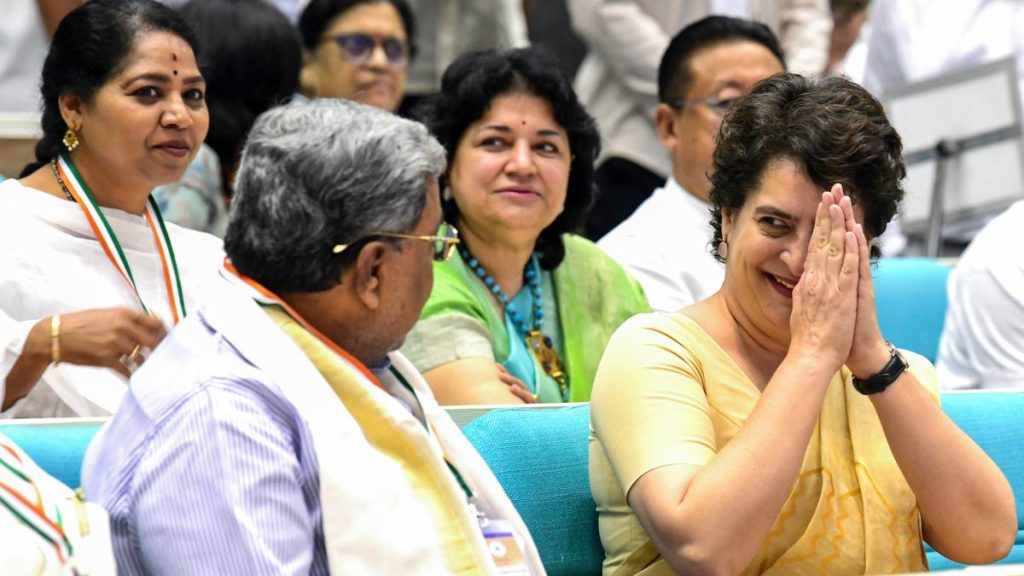Now Reading: Supreme Court Reviews Governor Powers Over Elected State Governments
-
01
Supreme Court Reviews Governor Powers Over Elected State Governments
Supreme Court Reviews Governor Powers Over Elected State Governments

Quick Summary
- The Supreme Court questioned if State governments are overly reliant on Governors who can stall Bills by withholding assent under Article 200 of the Constitution.
- Chief Justice B.R. Gavai explored whether this interpretation gives Governors excessive power, undermining majority-elected governments.
- Solicitor General Tushar Mehta argued that Governors have four options under Article 200: grant assent, withhold assent causing a Bill to lapse, reserve the Bill for Presidential consideration, or return it for re-passage. In the latter case, granting assent becomes obligatory.
- Mehta emphasized that Governor discretion should be used sparingly in unusual situations and upheld their role as representatives of the President.
- Concerns around Governors’ discretionary powers and resulting litigation were raised; Chief Justice clarified that Constitutional interpretation must consider present-day realities rather than idealism.
- Justice Narasimha noted past abuse of offices like Speakers under anti-defection law (Tenth Schedule), highlighting challenges facing harmonious governance.
Indian Opinion Analysis
the Supreme Court’s deliberation on Article 200 underscores an vital tension between elected State governments and appointed constitutional functionaries like Governors.While Solicitor General Mehta defended scenarios where a Governor’s actions could safeguard democratic principles or prevent legal conflicts, concerns over misuse remain valid given instances of litigation in similar cases.
This debate reflects broader challenges in ensuring harmony between high Constitutional offices intended to uphold checks and balances while respecting democratic mandates. judicial recognition of “present-day realities” signals an adaptive approach to interpreting governance mechanisms amid political complexities. For India’s evolving democracy, these discussions could pave the way for clearer boundaries around gubernatorial conduct to balance executive accountability with federal integrity.
























